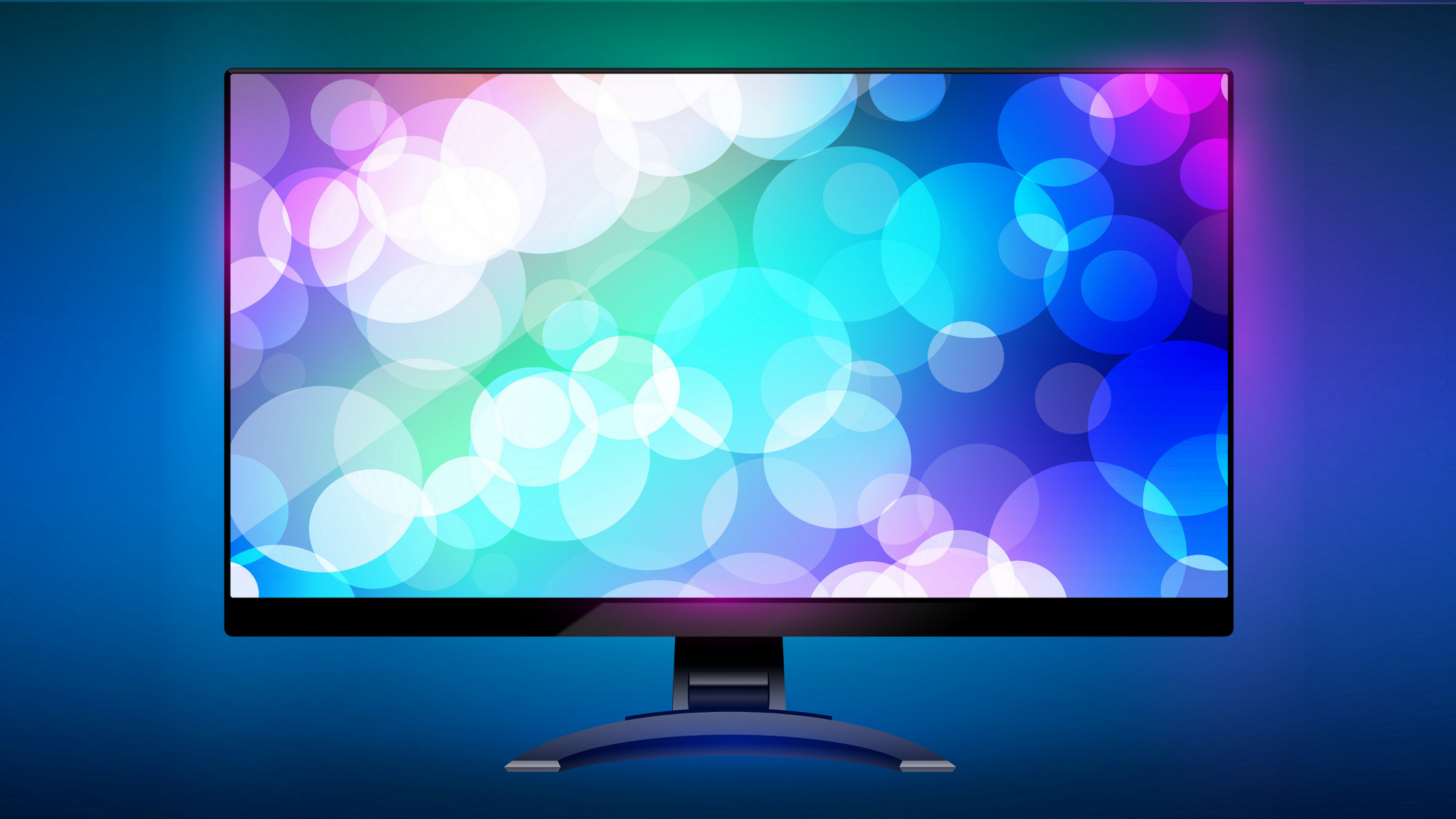
Charles P. Thacker ("Chuck" to those who knew him), who helped pioneer many aspects of the personal computer, and who was awarded the 2009 ACM A.M. Turing Award in recognition of his pioneering design and realization of the first modern personal computer, and for his contributions to Ethernet and the tablet computer, died Monday, June 12, at the age of 74, after a brief illness.
Thacker was born in Pasadena, CA, on Feb. 26, 1943. He received his bachelor of science degree in physics from the University of California, Berkeley (UC Berkeley) in 1967.
In 1968, Thacker joined UC Berkeley's "Project Genie" to earn enough to finance a graduate degree in physics. Instead, he recalled, "I went to work for this computer project," which produced an early time-sharing system that included the Berkeley Timesharing System, which was commercialized by Scientific Data Systems, a company launched by computer scientists, as the SDS 940.
Thacker joined Butler Lampson (recipient of the 1992 ACM A.M. Turing Award) and others to launch the private startup Berkeley Computer Corporation (BCC). While BCC was not commercially successful, this group became the core technologists of the Computer Systems Laboratory at Xerox Palo Alto Research Center (PARC).
Thacker spent the 1970s and 1980s at PARC. During this period, he served as leader of the project that developed the Xerox Alto personal computer system, the first computer designed from the ground up to support an operating system based on a graphical user interface. The hardware of the Alto, introduced in 1973, was designed mostly by Thacker, with Lampson developing its software.
In 2010, Thacker recalled about the Alto, "We knew it was revolutionary. We built it with the very first semiconductor dynamic RAM, the Intel 1103, which was the first memory you could buy that was less than a tenth of a cent a bit. As a result, we realized we could build a display that was qualitatively better than what we had at the time. We had character generator terminals, and some of them were quite nice. But they were limited in various ways, whereas the Alto had the property that anything you could represent on paper, you could put on the screen. We knew that was going to be a big deal."
He also is credited as co-inventor (along with Robert Metcalfe, David Boggs, and Lampson) of the Ethernet family of computer networking technologies, which were developed at PARC between 1973 and 1974. Ethernet, Thacker said, "grew out of the realization I had of how to provide a network for the Alto. We had been studying the ALOHA network, a radio network that was used to connect the various Hawaiian Islands. The limitation was that when a transmitter started to transmit, it could no longer receive anything. One night I was lying in bed thinking about the problem when I had this sudden realization that if you used a more limited media, say, the coaxial cables used in cable television, the transmitter could not only hear what it transmitted, it could also tell whether what it thought it put on the wire was the same as what actually got put on the wire."
During his years at PARC, Thacker contributed to many projects, including the development of the first laser printer.
In 1983, Thacker was part of the group of computer scientists led by Robert Taylor (manager of PARC's Computer Science Laboratory) that left PARC to found the Systems Research Center (SRC) of Digital Equipment Corp. (DEC). During his tenure there as a corporate consultant engineer, Thacker developed Firefly, one of the first multiprocessor workstation systems.
In 1997, he joined Microsoft Research, where he spent his first two years helping establish Microsoft Research Cambridge at England's University of Cambridge.
After returning to the U.S., Thacker designed the hardware for Microsoft's Tablet PC, based on his experience with the "interim Dynabook" at PARC (which was never built), and later the Lectrice, a pen-based hand-held computer prototype developed at DEC SRC.
In 1984, Thacker, Lampson, and Taylor received the ACM Software Systems Award "for conceiving and guiding the development of the Xerox Alto System demonstrating that a distributed personal computer system can provide a desirable and practical alternative to time-sharing." In 1994, all three were named ACM Fellows in recognition of the same work.
In 1996, Thacker was named a Distinguished Alumnus in Computer Science at his alma mater, UC Berkeley.
In 2004, the National Academy of Engineering awarded Thacker, along with Alan C. Kay, Lampson, and Taylor, the Charles Stark Draper Prize for the advancement of engineering and the education of the public about engineering, "for the vision, conception, and development of the first practical networked personal computers."
In 2007, Thacker received the IEEE John von Neumann Medal for outstanding achievements in computer-related science and technology, "For a central role in the creation of the personal computer and the development of networked computer systems."
Also that year, he was inducted as a Fellow of the Computer History Museum for "leading development of the Xerox PARC Alto, and for innovations in networked personal computer systems and laser printing technologies."
In 2010, Thacker was named by ACM to receive the 2009 ACM A.M. Turing Award "for the pioneering design and realization of the first modern personal computer — the Alto at Xerox PARC — and seminal inventions and contributions to local area networks (including the Ethernet), multiprocessor workstations, snooping cache coherence protocols, and tablet personal computers."
Microsoft presented Thacker with its 2014 Career Achievement Award, given to an individual for exceptional contributions to the technology industry across the span of their career, for contributions that are of lasting and major importance to the industry. The company said the accomplishments of Thacker, "a self-avowed 'hardware guy'," "have included seminal technological developments, ranging from early personal computers to the laser printer and Ethernet to, more recently, the Tablet PC. "
In an interview published in the July 2010 issue of CACM, Thacker insisted that, while he did not consider himself a Renaissance man (although he did refer to himself as "a jack of all trades and a master of some"), "I can lurk at a lot of different levels. I have designed chips, I can design logic, I can design systems, and I can write software up to and including user interfaces." He said his work on Ethernet at PARC, and on Firefly and fault-tolerant networks at DEC, "have a common thread, which is they are part of a distributed system—they don't stand in isolation." The Alto, he recalled, was a "nice" single-user machine, but its "real power" was unleashed by networking.
Asked about the "secrets for his decades of continual success," Thacker said they include: strive for simplicity, build a kit of reusable tools, insist on sound specifications, think broadly, and make sure your collaborators also succeed.
His advice for young computer scientists: "Try to be broad. Learn more math, learn more physics." He stressed the importance in cross-specialty projects to motivate teammates. "I've been fairly successful at what I call 'Tom Sawyering'; it's the idea that if you want to get your fence painted, you trade something of value with the people with whom you work. You have to be committed to their success as well as your own."
In a 2010 interview with Stephen Ibaraki on Microsoft's TechNet blog, Thacker offered the following as the top three lessons to share based on his long, distinguished career: "Choose your colleagues carefully to the extent that they help you and you will be more successful and the extent that you can help them and they will be more successful. …Value simplicity and elegance. …Pick your problems carefully."
Also in 2010, ACM's then-president Wendy Hall said Thacker's "contributions have earned him a reputation as one of the most distinguished computer systems engineers in the history of the field. His enduring achievements—from his initial innovations on the PC to his leadership in hardware development of the multiprocessor workstation to his role in developing the tablet PC—have profoundly affected the course of modern computing."
Thacker in 2014 decried the notion that computing had become boring. "New physics is being discovered every day, and many of those discoveries will surely have a significant impact on computing," he said. "So the journey has just begun."
Andrew A. Chien, William Eckhardt Professor at the University of Chicago, observed, "Chuck not only made seminal contributions to computer architecture, but was a tremendous inspiration to the computer systems community through the beautiful simplicity of his designs and generous mentoring of young researchers and new ideas."



Join the Discussion (0)
Become a Member or Sign In to Post a Comment